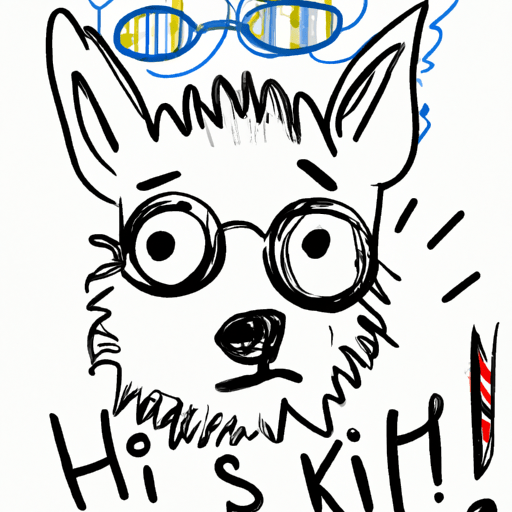“`markdown
Why Don’t Dogs Like When You Blow On Them?
Understanding Your Dog’s Body Language
As a caregiver, you’re naturally attuned to the signals your dog gives you. You might notice that they tend to pull away when you blow on them. Dogs communicate largely through body language, and it’s crucial to understand what they’re trying to tell you.
- Tail wagging: This can mean excitement, but also anxiety.
- Ears back: This can indicate fear or submission.
- Licking lips or yawning: These can be signs of nervousness or stress.
When you blow on your dog and they display any of these signs, it’s a clear indication that they’re uncomfortable with the action.
The Sensitivity of a Dog’s Nose
Dogs have a sense of smell that is between 10,000 to 100,000 times more sensitive than ours. This is why they’re often used in search and rescue operations or in detecting illegal substances.
- Olfactory Receptors: Dogs have up to 300 million olfactory receptors in their noses, compared to about six million in humans.
- Part of the Brain: The part of a dog’s brain that is devoted to analyzing smells is, proportionally speaking, 40 times greater than ours.
When you blow on your dog’s face, it can overwhelm their powerful sense of smell and cause discomfort.
Potential Threat Perception
Some dogs may perceive blowing as a sign of aggression or danger. In the wild, a sudden gust of air could signal an incoming threat, triggering a fight or flight response.
| Dog’s Perception | Possible Cause |
|---|---|
| Fear | Past Trauma |
| Aggression | Dominance Issues |
| Playfulness | Misunderstanding |
How to Interact with Your Dog
There are many ways to show affection to your dog that they will understand and appreciate. For instance:
- Gentle petting
- Verbal praise
- Playtime
- Treats
Remember, the key is to interact with your dog in ways that respect their comfort and boundaries.
Alternatives to Blowing on Your Dog
If you’ve been blowing on your dog as a form of play or to get them to move, consider these alternatives:
- Using a toy to get their attention
- Using commands they’re familiar with
- Offering a treat as incentive
FAQs
Q: Why does my dog run away when I blow on him?
A: It could be due to discomfort, fear, or a perceived threat.
Q: Can blowing on my dog harm them?
A: While it’s unlikely to cause physical harm, it can cause stress if your dog doesn’t like it.
Q: Are there dogs that like being blown on?
A: Every dog is unique. Some might not mind, but generally, it’s best to avoid it if you notice signs of discomfort.
Q: What should I do if my dog doesn’t like being blown on?
A: Respect their boundaries and find other ways to interact or play with them.
“`



